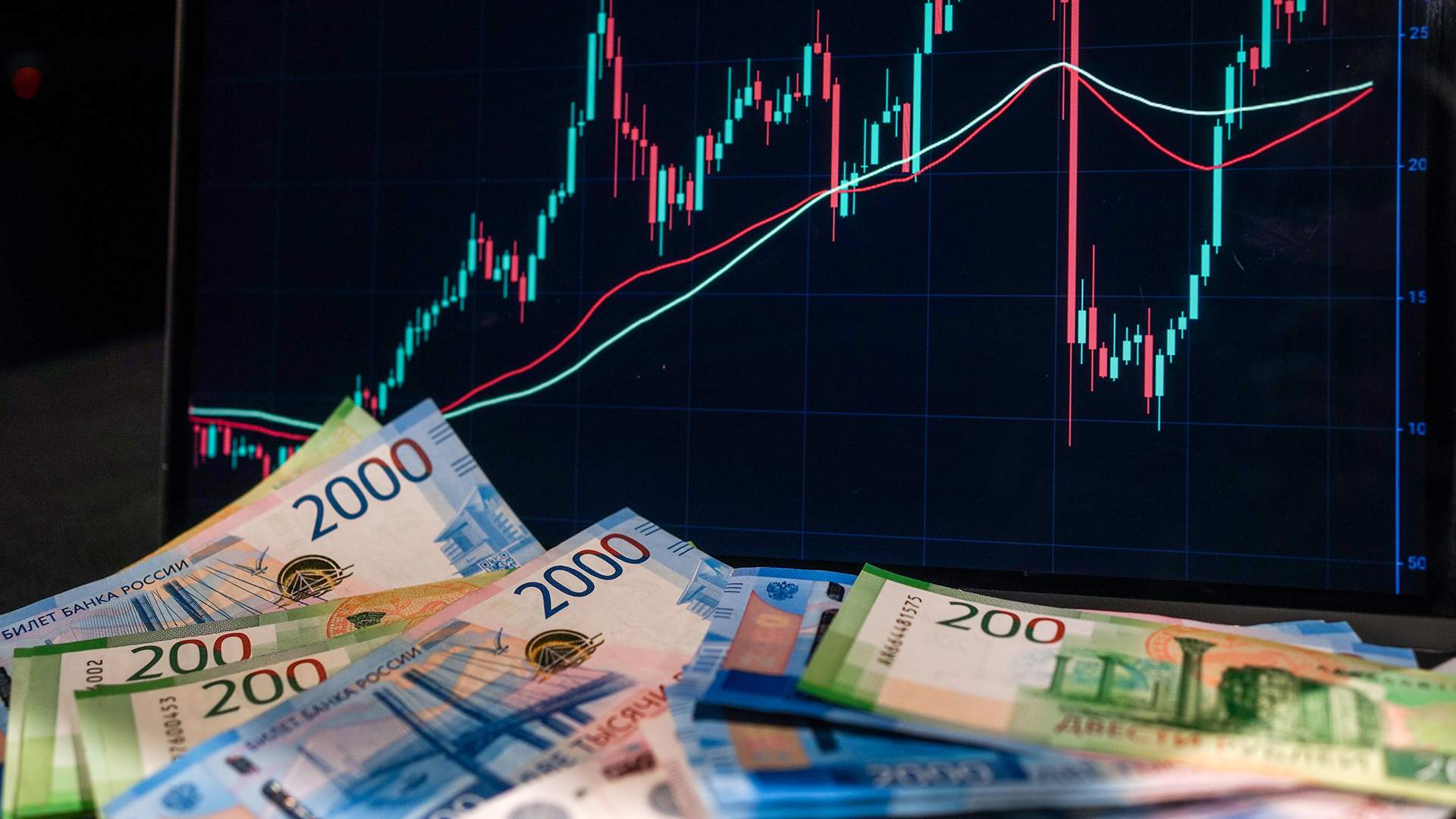The investment is binding: every second small company refuses to invest

The investment activity of small businesses has fallen below 50%, according to a study by PSB and Opora Russia (Izvestia has it). The normal level of those willing to invest in development is 70%, but companies are not ready to do this due to high rates, inflation and expensive labor. This puts pressure on the economy, which is already slowing down significantly this year. All this should be an argument for the Central Bank to at least not raise the rate in March. It is precisely this index that the regulator takes into account when making decisions — Elvira Nabiullina referred to its indicators earlier, summing up the key meetings.
Business investment activity is declining
The investment activity of small companies began to decrease markedly. This year, 51% of small and medium-sized enterprises (SMEs) stated that they do not plan to invest in their development. That is, less than half (49%) are ready to invest. A year earlier, this figure was 58%, according to a study by PSB and Opora Russia, which they conducted when calculating the RSBI (Russia Small Business Index) index.
For comparison, the level of investment activity can be considered satisfactory, with about 65-70% of companies declaring their willingness to invest in themselves, Irina Zhimerina, Senior Vice President and head of the small and medium-sized business unit at PSB, explained to Izvestia.
Among the main areas of investment, organizations have chosen investments in fixed assets — the purchase of machinery, equipment, and the construction of new facilities.
— We are talking not only about large-scale investments, but also about investments in marketing or advertising. And if now only half of the enterprises are ready to invest even in such small projects, then the business is obviously switching to economy mode," Irina Zhimerina explained.
Trade turned out to be among those who intend to significantly reduce investments — 58% of representatives of this industry stated their intention to reduce investment activity. As explained in the study, companies from this business segment are more likely to use bank loans as a source of financing for investment activities.
"Companies engaged in IT and scientific and technical activities that are actively supported by the state, as well as SMEs focused on critical public procurement, have reduced their investments the least," said Dmitry Panov, coordinator of Delovaya Rossiya in the Northwestern Federal District (NWFD).
Why small companies decided to reduce investments in 2025
According to the research, first of all, the volume of investments is affected by the key. At the last meeting on February 14, the regulator kept the rate at 21% per annum for the second time in a row.
Pavel Samiev, a member of the Presidium of Opora Russia and chairman of the Financial Markets Committee, pointed out that the cost of money is now extremely high. He stressed that a short-term loan for revolving purposes is in the same demand as before. But medium-term and long-term loans at the current rates are already being borrowed less. This means that the component of investment loans has suffered, Pavel Samiev said.
— It will not be possible to withdraw your own funds from circulation and use them for the development of SMEs, since most enterprises cannot boast of a significant financial cushion. That means they only have loans left. Consequently, in a situation of shortage or high cost of money, entrepreneurs will put on hold business development projects," said Dmitry Zavyalov, Head of the Department of Entrepreneurship and Logistics, Director of the Higher School of Economics and Business at Plekhanov Russian University of Economics.
Resource- and capital-intensive industries are more vulnerable to climate change. In order to remain competitive, investments in the modernization and expansion of production facilities and the renewal of the technical base are needed, said Alexander Isaevich, CEO of SME Corporation.
But there are other factors that make it difficult to invest. For example, there is a shortage of personnel and the accompanying significant increase in salaries, said Irina Zimerina from the PSB. At the beginning of 2025, the sector employs just over 15 million people, and during this time salaries have almost doubled to 86.5 thousand rubles (data for November).
How is the Russian economy slowing down and what does this mean for the key rate?
A decrease in investments will lead to a reduction in the supply of goods and services on the market and, as a result, a 30-40% increase in prices, admits Alexey Kurasov, head of Corporate Finance at Finam. This will further accelerate inflation, which already exceeded 10% in February 2025. Izvestia sent a request to the Ministry of Energy about the risks to the economy from a decrease in investment activity.
In addition, a decrease in the business activity of SMEs will lead to losses for companies, said Oleg Reshetnikov, an expert on the stock market at BCS World of Investments. According to him, "in more advanced cases," bankruptcies or business shutdowns are possible.
All this risks slowing down GDP growth, the expert added. Earlier, the head of the Ministry of Economy Maxim Reshetnikov stressed that the agency was already detecting signs of a cooling of the country's economy.
The ministry forecasts a 2.5% increase in GDP this year, compared with 4.1% in 2024. However, experts interviewed by Izvestia are confident that the economy will slow down even more — to 1.5%. At the same time, a decrease in investment activity may put additional pressure on this indicator, Oleg Reshetnikov summed up.
According to the expert, at the next meeting on March 21, the Bank of Russia will take into account the investment activity of SMEs and will not raise the rate. Izvestia sent a request to the regulator. The RSBI index, which is considered by the PSB and Opora Rossii, is precisely taken into account by the Central Bank when making decisions — Elvira Nabiullina referred to its indicators at press conferences following the rate meetings.
Now the opportunity to avoid a cooling economy is an important argument for the Central Bank when making a decision on a key issue, Elvira Nabiullina said in December 2024. Whereas before that, the head of the regulator insisted on a tougher and uncompromising policy towards inflation, which "cannot be capitulated to."
However, the price dynamics will be fundamental when making a decision for the regulator in March — it is inflation that will not allow the rate to be lowered at least until the summer, Oleg Reshetnikov believes. And by the end of the first half of the year, tight monetary policy will curb price growth.
Переведено сервисом «Яндекс Переводчик»







